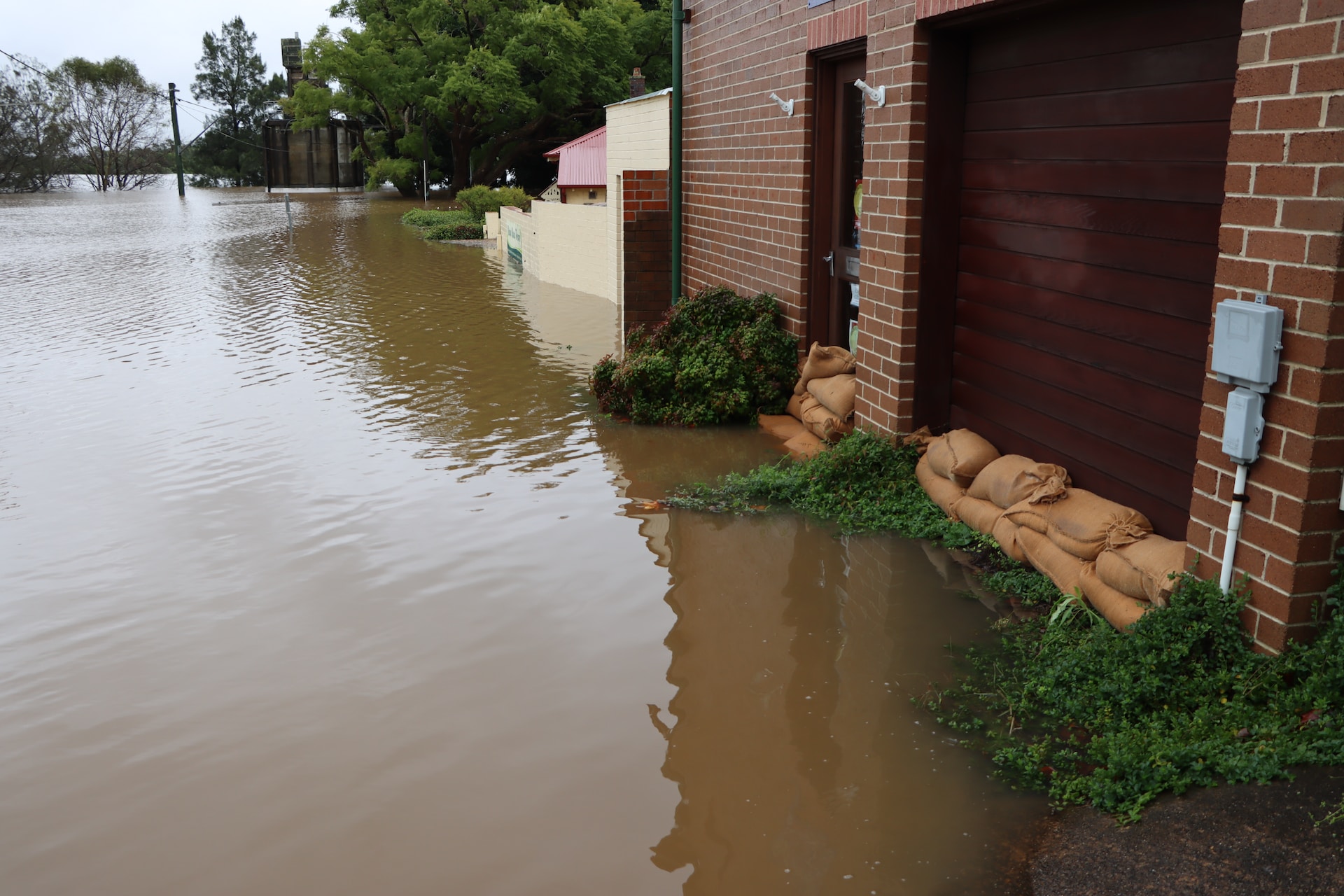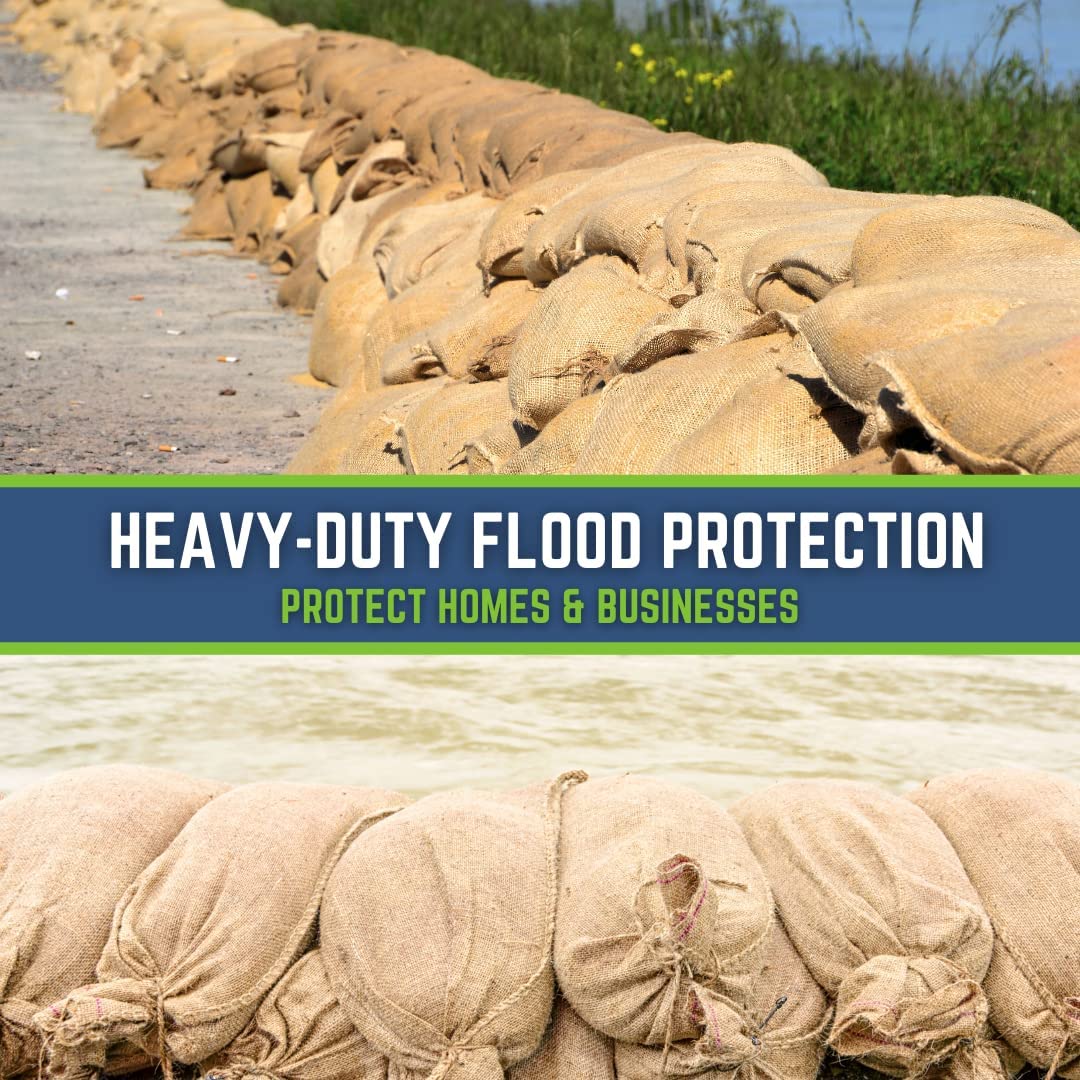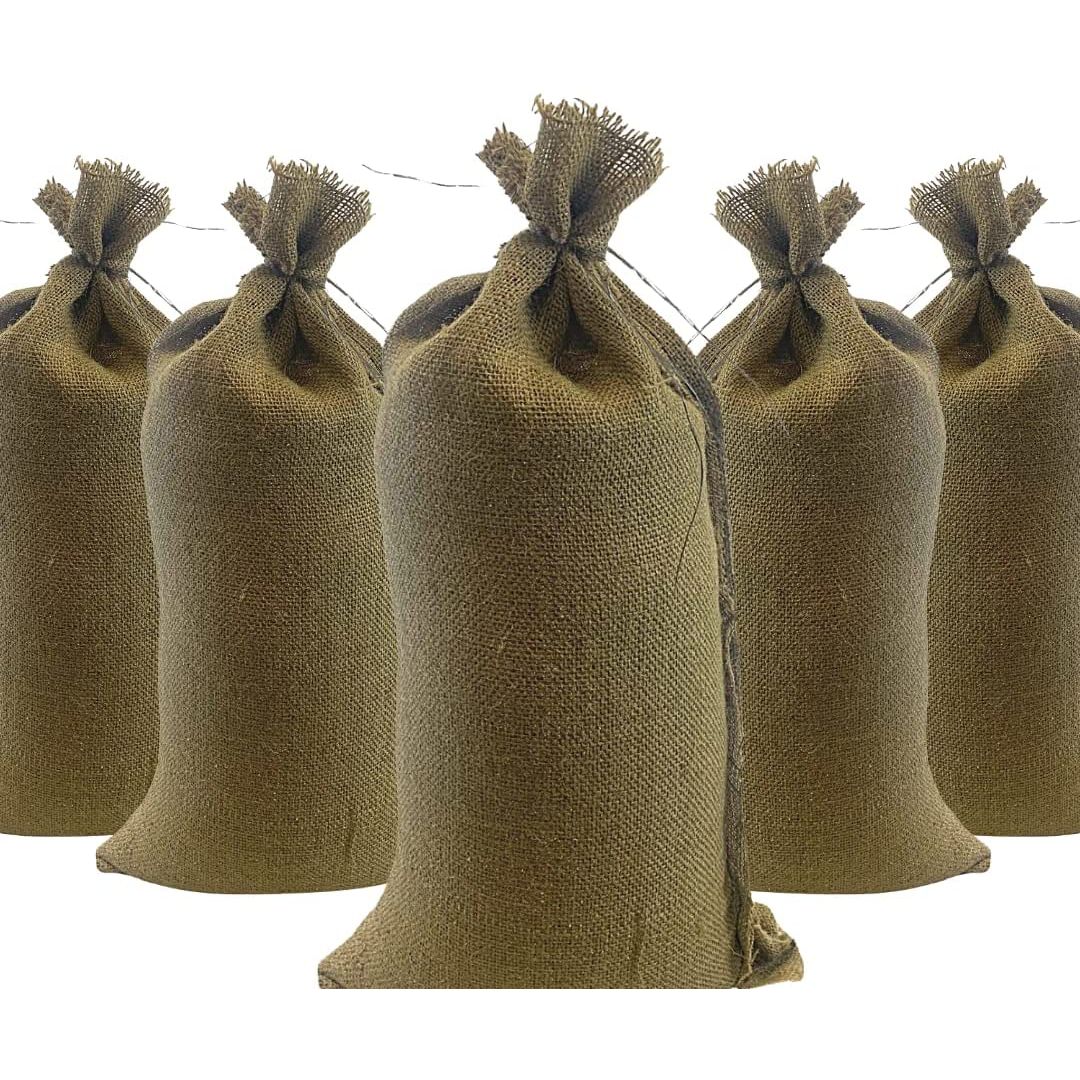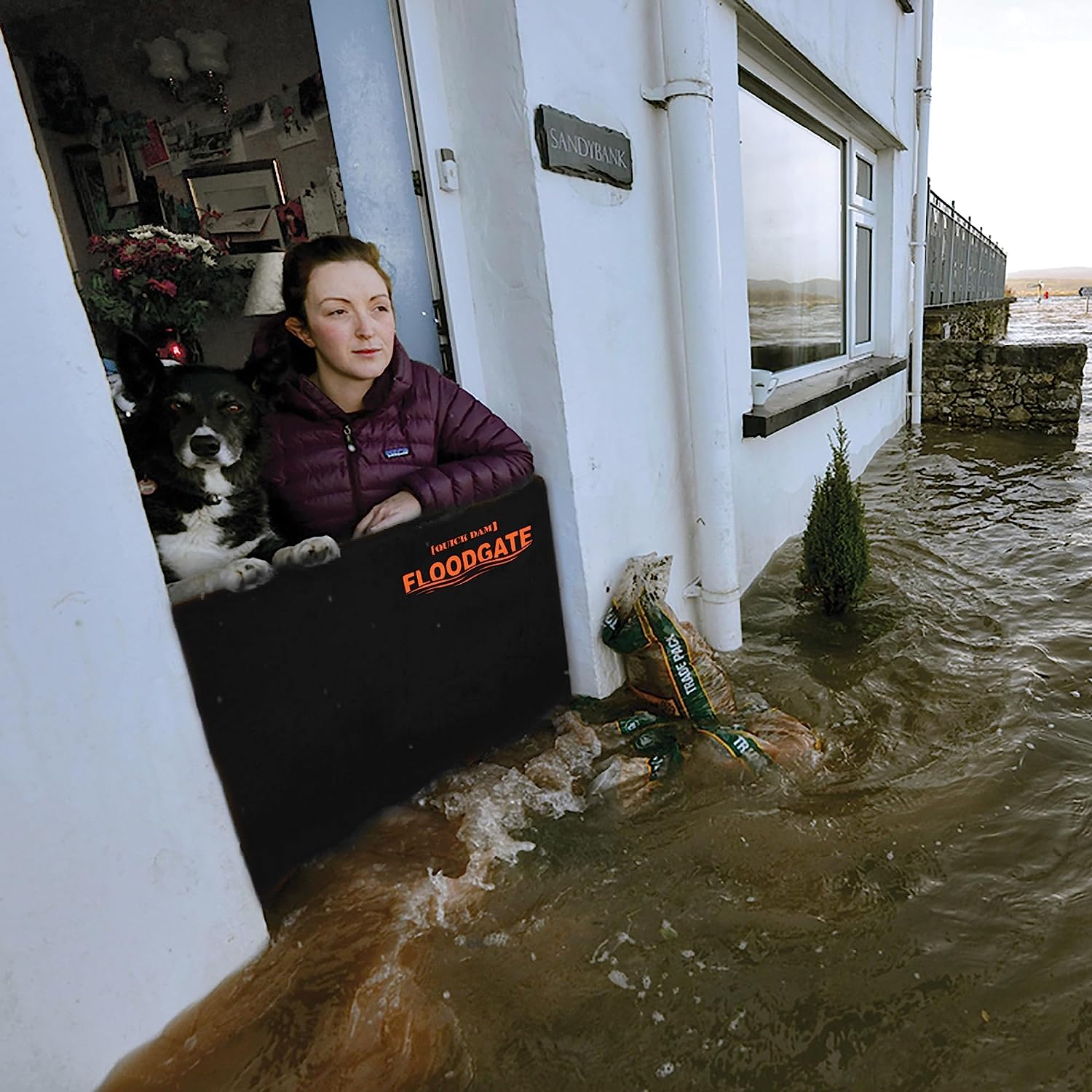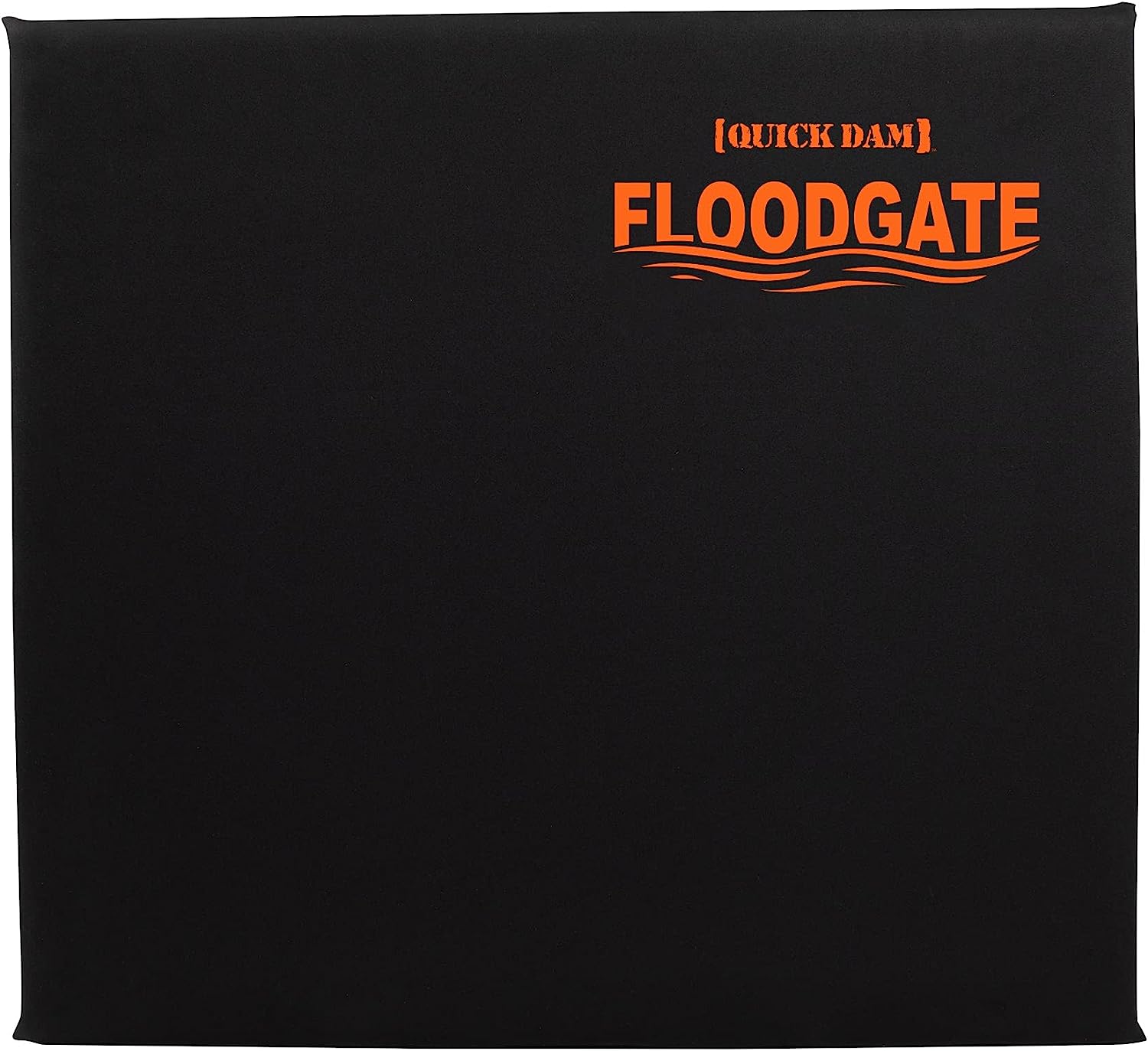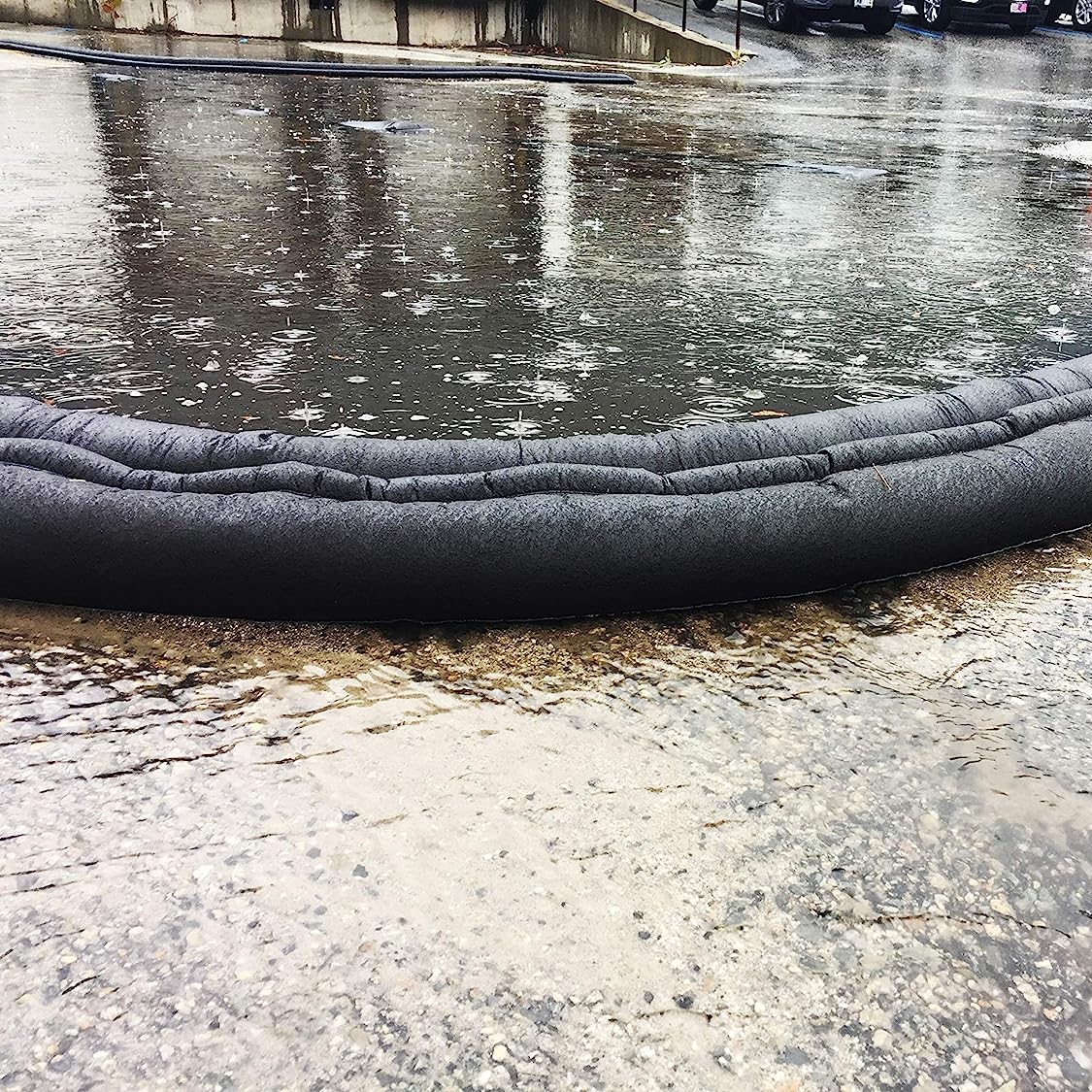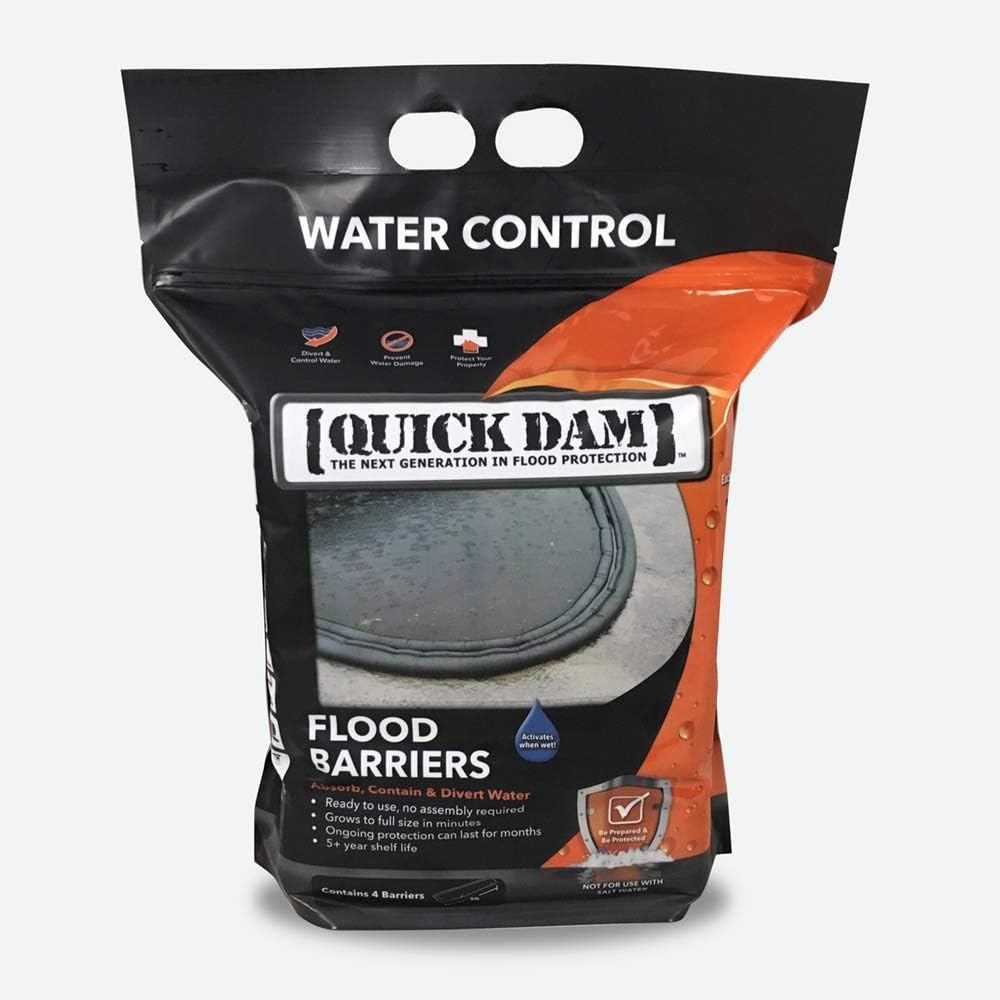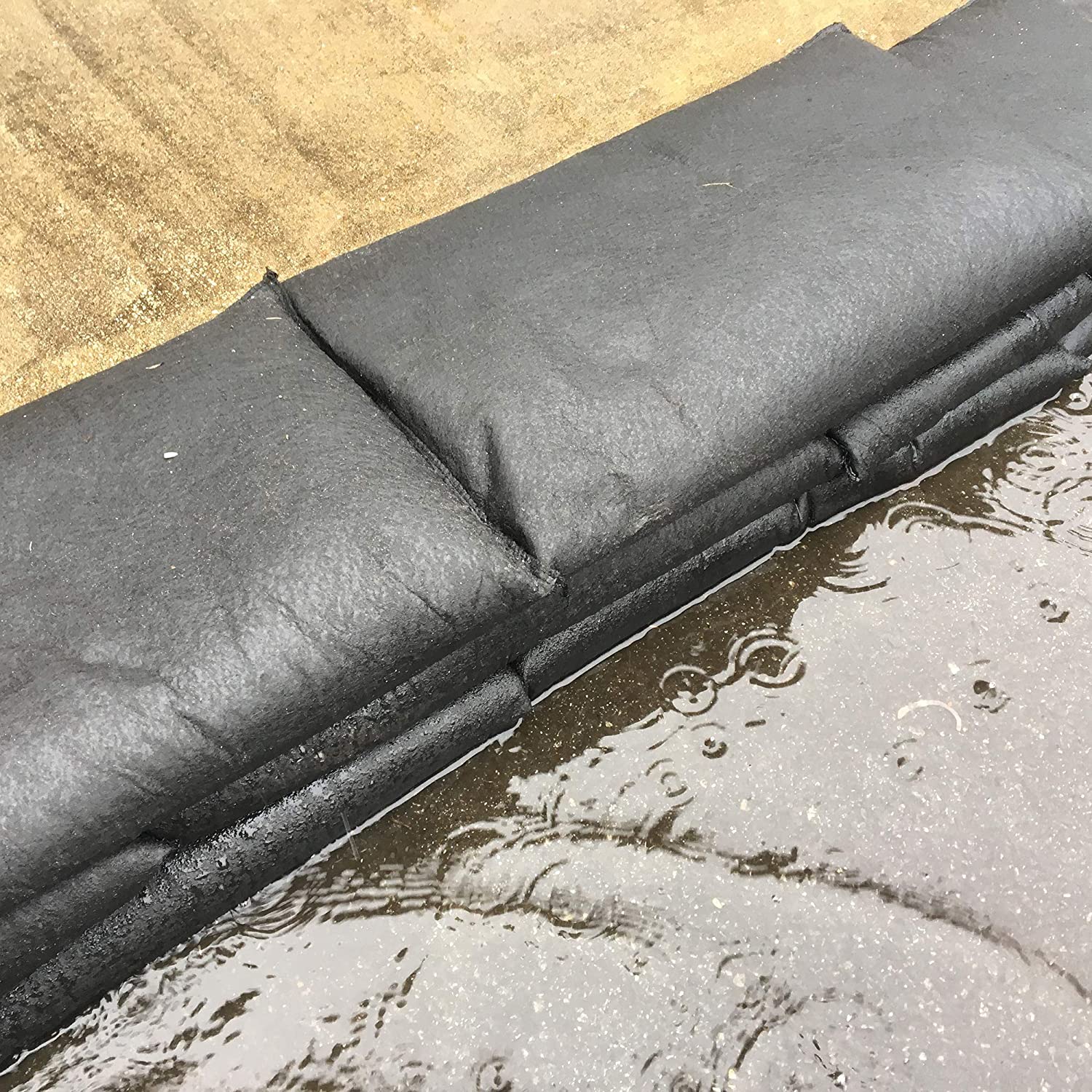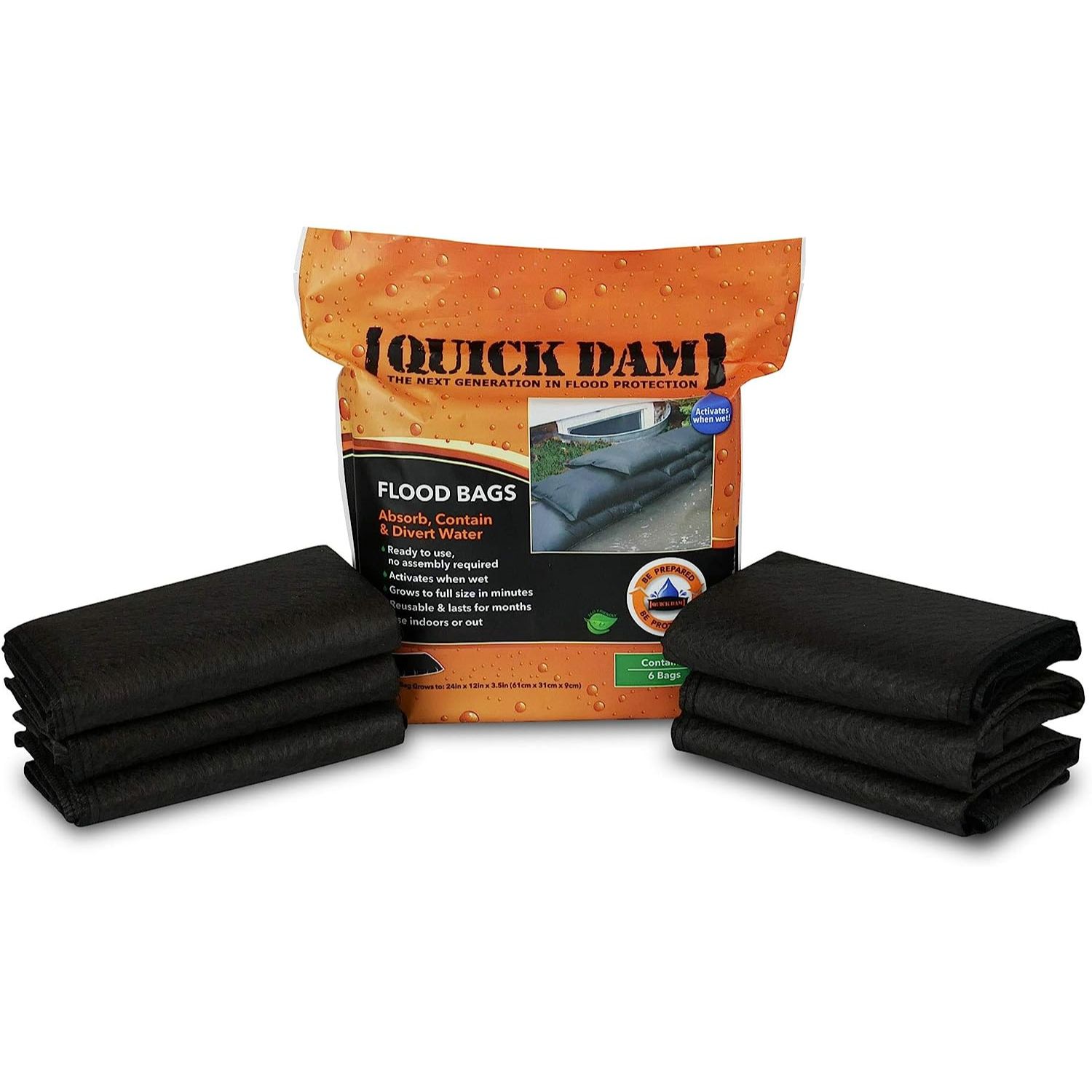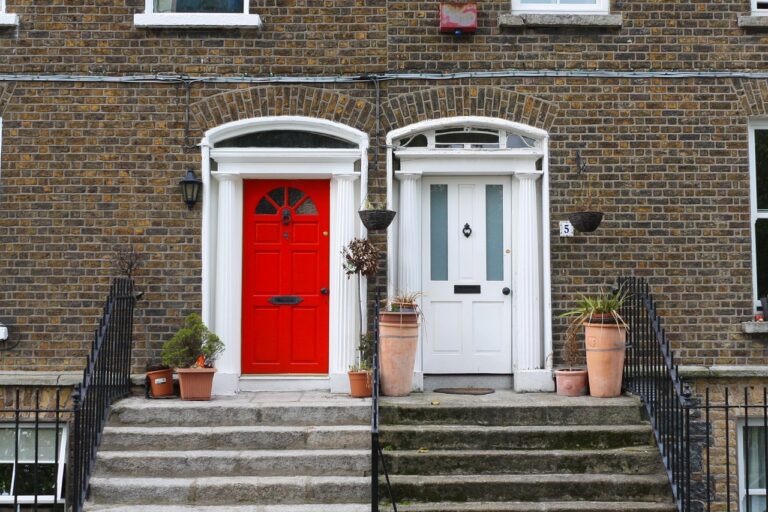Water damage is one of the most common and costly issues homeowners face. Whether it’s a result of heavy rain, flooding, or a burst pipe, the consequences can be devastating. That’s why it’s crucial to take proactive measures to protect your home from water damage. One effective solution is investing in a flood barrier. Here, we will discuss the importance of choosing the right flood barrier for your home and provide valuable insights to help you make an informed decision.
Note: Some of the links here are affiliate links. There’s NO additional cost for you, but it does help our team to earn some coffee money to help write more tips to keep you dry.
1. Understand the Types of Flood Barriers
Before diving into the selection process, it’s essential to familiarize yourself with the different types of flood barriers available in the market. Some common types include:
- Sandbags: Traditional sandbags are affordable and readily available. However, they require a significant amount of time and effort to fill and deploy.
- Flood Panels: These are preformed flood barriers that can be easily installed and removed when needed. They offer a more convenient solution compared to sandbags.
- Flood Gates: These barriers provide a permanent solution but require professional installation. They are typically made of metal or reinforced glass.
- Inflatable Barriers: These barriers can be inflated when needed and deflated for storage. They are portable and easy to set up, making them a popular choice for homeowners.
2. Evaluate Your Property’s Vulnerability
Assessing your property’s vulnerability to flooding is crucial in determining the type of flood barrier you need. Consider factors such as your home’s proximity to bodies of water, the elevation of the surrounding area, and the history of flooding in your region. By understanding your property’s vulnerability, you can make a more informed decision about the appropriate flood barrier to invest in.
3. Determine the Level of Protection Required
The level of protection you need depends on the potential severity of flooding in your area. If you live in a high-risk flood zone, you may need a more robust flood barrier system to ensure maximum protection. On the other hand, if you only experience occasional minor flooding, a less permanent solution like sandbags or flood panels may suffice.
4. Consider Ease of Installation and Maintenance
When choosing a flood barrier, consider how easy it is to install and maintain. Some barriers require professional installation, while others can be easily set up by homeowners. Additionally, think about the maintenance requirements of each barrier and whether it aligns with your lifestyle and available resources.
5. Look for Durability and Longevity
Durability is a crucial factor when selecting a flood barrier. It should be able to withstand the force of water without compromising its integrity. Look for barriers made from high-quality materials such as reinforced steel, aluminum, or heavy-duty fabric. Additionally, consider the longevity of the barrier. Investing in a flood barrier that will last for years to come will save you money and provide peace of mind.
6. Read Reviews, Testimonies and Recommendations
Before making a final decision, take the time to read reviews and seek recommendations from homeowners who have installed flood barriers. Their experiences can provide valuable insights and help you make an informed choice. Additionally, consult with professionals in the field who can guide you towards the most suitable flood barrier for your specific needs.
7. Seek Professional Advice
If you’re unsure about which flood barrier is the right fit for your home, consult with professionals in the field. Reach out to flood protection companies or talk to local experts who have experience dealing with flood prevention in your area. They can provide valuable insights and recommend suitable flood barriers based on your specific needs.
8. Compare Costs
While cost should never be the sole determining factor, it’s essential to compare the costs associated with different flood barriers. Consider not only the upfront cost but also any additional expenses such as installation, maintenance, and future replacements. Remember that investing in a reliable flood barrier is a long-term investment in protecting your home and belongings.
The Bottom Line
In conclusion, choosing the right flood barrier for your home is essential to safeguarding your property from water damage. By taking these steps into consideration, you can make an informed decision when choosing the right flood barrier for your home. Remember, seeking professional advice is always beneficial.

